Rutherford Cross’ Jonathan Donnelly discusses our shifting priorities in response to the pandemic and how ensuring that our career choices reflect our value systems is key to success and fulfilment.
Over the last two years many of us have found ourselves reflecting on our priorities in both our personal and professional lives. With regards to our careers reminding ourselves of what we value most allows us to identify the right opportunities that may otherwise go unnoticed. In order to understand how we want our career journey to develop we must have an understanding of three key areas: purpose, pace and people.
Defining Purpose
Defining the purpose of your next role might seem somewhat overwhelming and requires reflection. Thinking back to times when you have been proud of the work you have produced and excited about the projects you have worked on is really helpful in understanding what gives job satisfaction. These are the times when your values and purpose align, resulting in increased enthusiasm and drive to achieve success.
It is also worth considering what expertise and contributions you would want to be recognised for. The happiest and most engaged individuals tend to be those who pursue a career in line with their own purpose and values rather than following a career in line with pressures from family or societal expectation.
Choosing your Pace
The pace at which an individual intends to achieve success is largely influenced by personal circumstances, which often change over time. Balancing personal and professional demands can be challenging at different stages in life. The speed at which we seek new skills and experiences can vary throughout the course of our careers. The impact we aim to have in our business or department may alter, and at times we may choose to lead from the front whilst at other periods it might suit our lifestyles to play a more supportive role.
Some people seek roles which allow them to develop and achieve success as quickly as possible. Often these individuals fear stagnating and are usually on the lookout for the next opportunity. For others factors outside of work could mean that trying to take on too much could result in considerable stress and burnout. There is not a right or wrong timeframe for career progression, it simply needs to align with the pace that suits your goals and circumstances.
Finding our People
The people we work for and with can be crucial to our development and can often influence our career choices. If an individual can find an environment with people they enjoy working with, from whom they can learn and whose values align with their own, this will bring out the best in them. Working in a team with peers who inspire, build your confidence, and open potential opportunities can have an extremely positive impact on an individual’s career.
Both formally or informally seeking out mentors or advisers who have the skills to help us develop can be hugely beneficial. Working collaboratively with these individuals can help us within our existing organisations, within a professional community, or to gain a new role in another business.
Having a genuine understanding of our own values, as well as an awareness of how we wish to develop will not only ensure we gain the right exposure but will also ensure we work with employers and colleagues who can support our journey. Each individual’s rate of progression is unique and at times the speed of our development will vary. Taking the time to reflect on the importance of purpose, pace, and people in our own careers is key to making the right choices.
To discuss your career in finance and find out more about opportunities available through Rutherford Cross, contact [email protected]







